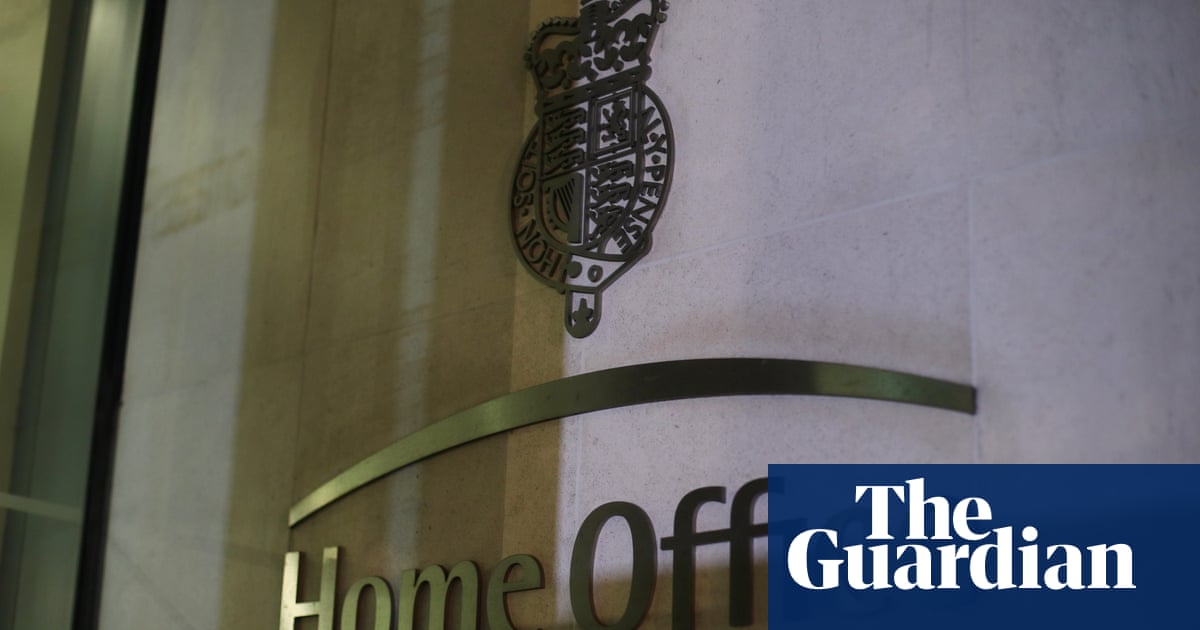A Syrian grandmother who is dying of cancer has been given permission to come to the UK to spend her final days with the grandchildren she has never met, after aHome OfficeU-turn.
The government had wanted to bar Soaad Al Shawa, who has liver cancer and has been given just weeks to live by doctors, from travelling to spend her last days with her daughter Ola Al Hamwi, son-in-law Mostafa Amonajid and their three children aged seven, five and one. Al Shawa has only been able to communicate with her grandchildren on video calls.
The family, who now live in Glasgow, fledSyriain 2015. They had lost their baby after a bombing at their home in Damascus and were unable to take Al Hamwi’s mother with them.
The Home Office rejected an application for a refugee family reunion made after the terminal cancer diagnosis, which Al Shawa received towards the end of last year. The family appealed and a judge in the first-tier tribunal of the immigration court agreed in April.
The family were overjoyed and relayed the news to Al Shawa, who began to make preparations to come to the UK. But they were devastated when the Home Office sought permission to appeal against the judge’s ruling; a move Al Hamwi said was “breaking my heart”. The further appeal may have taken about eight months – time doctors do not expect Al Shawa to have.
But now the Home Office has told the family’s lawyer it is withdrawing its application, that the grandmother can come to the UK, and that it will expedite the issuing of a visa. The family are hoping it will be processed at a centre in neighbouring Jordan this weekend and then Amonajid will collect Al Shawa her from there.Refugeesare not permitted to return to the country they fled, so Al Hamwi and Amonajid cannot re-enter Syria to be with Al Shawa there.
“My mum really perked up when she heard the news and started to eat more,” said Al Hamwi. “All she wants to do before she dies is to see us and the kids.”
Amonajid welcomed the Home Office U-turn and the indication that it will expedite the visa. “I appreciate the Home Office for listening to Ola and me,” he said. “The kids are so excited they are finally going to meet their grandmother. She will be sleeping in their bedroom and they are fighting over who will sleep next to her.”
The family’s solicitor, Usman Aslam of Mukhtar & Co, said: “We welcome the Home Office decision to withdraw from this case and, moreover, to assist in expediting it. We now hope that a daughter and mother can spend whatever time the mother has left together. Refugees are no different from anyone else. They too have lives, families and dignity.”
Sign up toFirst Edition
Our morning email breaks down the key stories of the day, telling you what’s happening and why it matters
after newsletter promotion
Home Office sources said leave for Al Shawa to enter the UK had been granted outside the rules and the visa process had been expedited on compassionate grounds.
